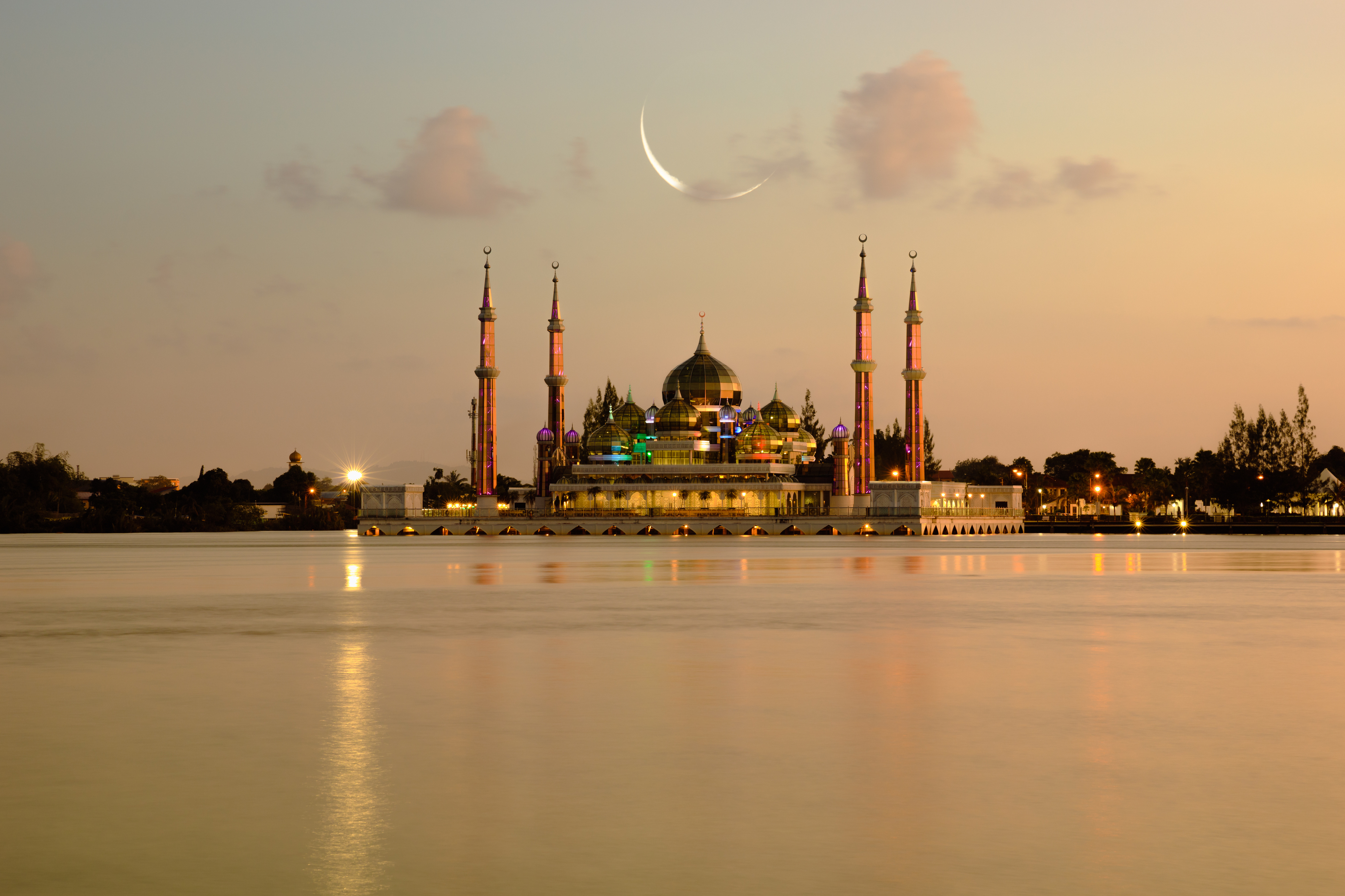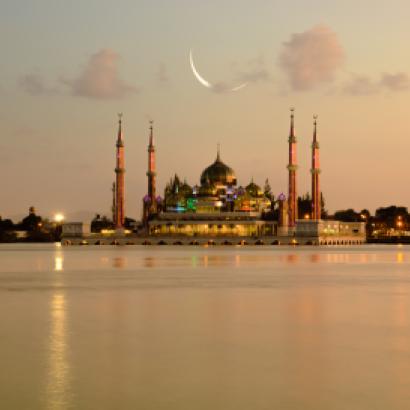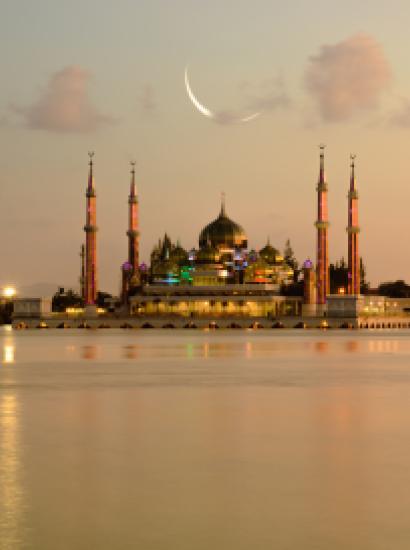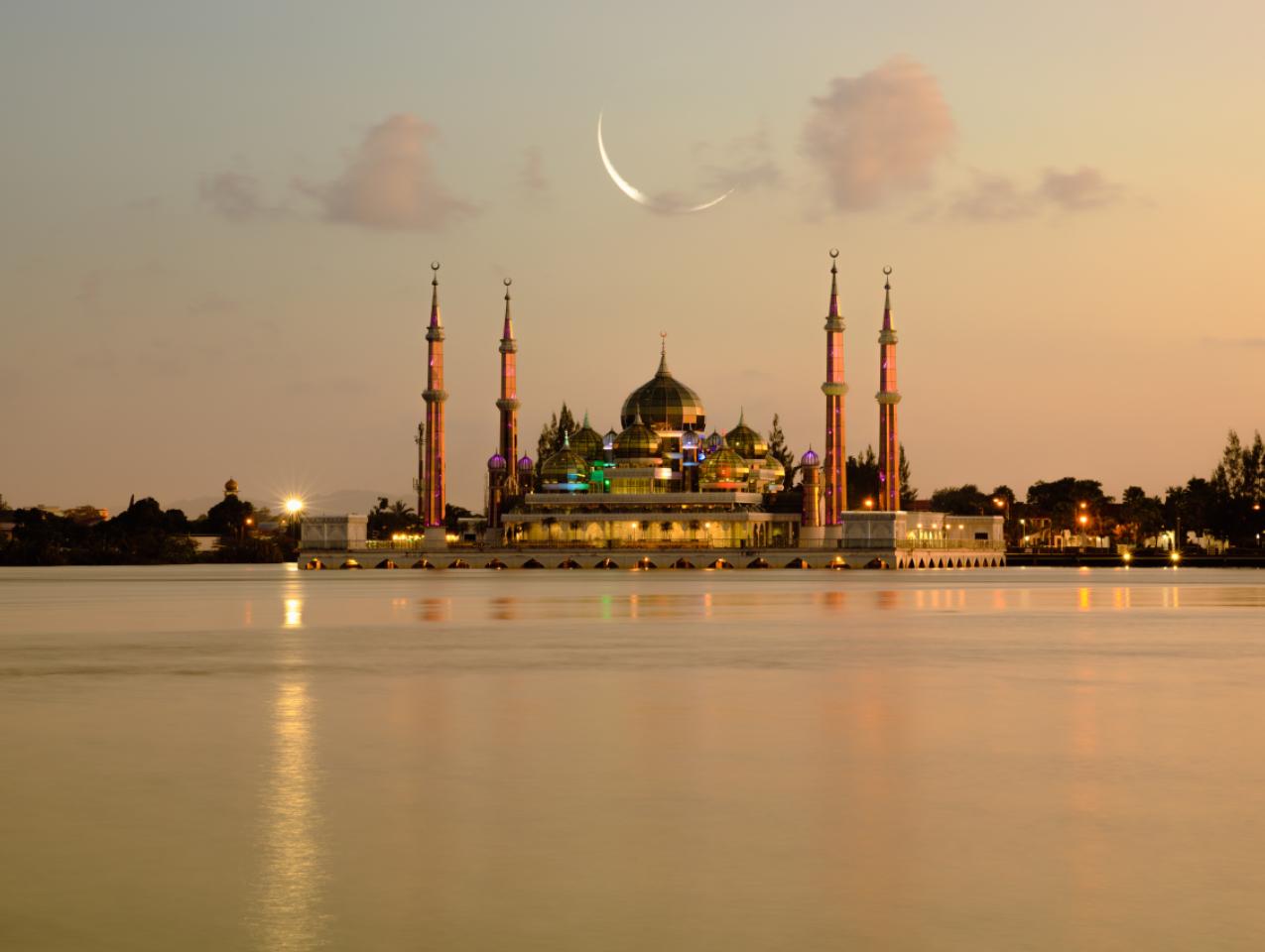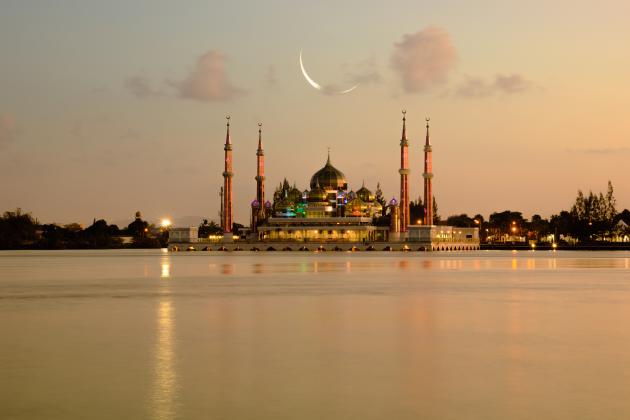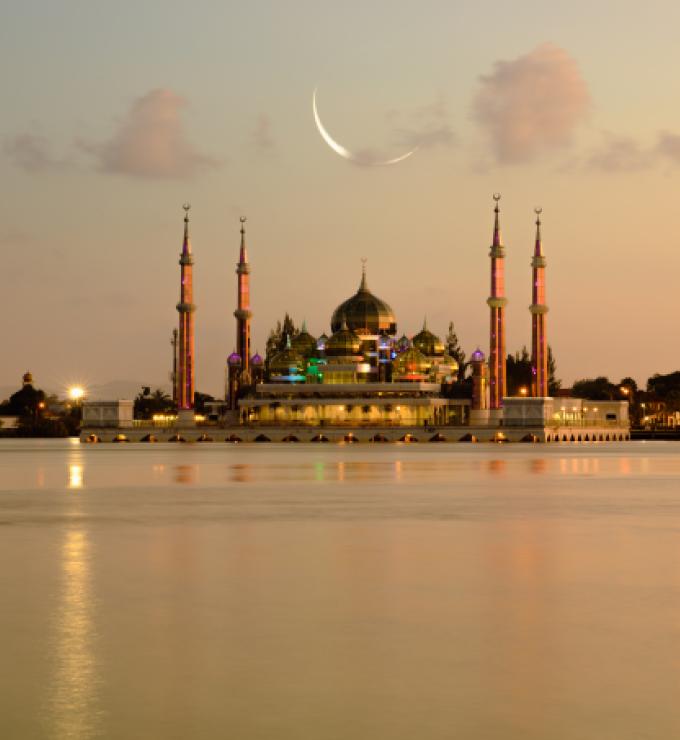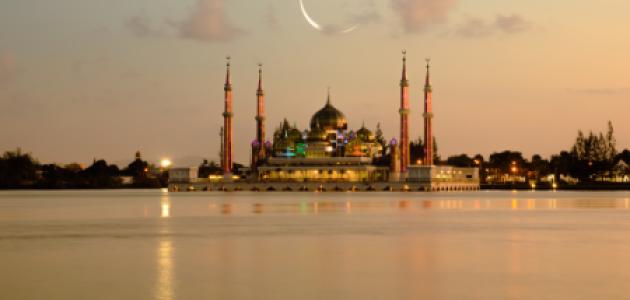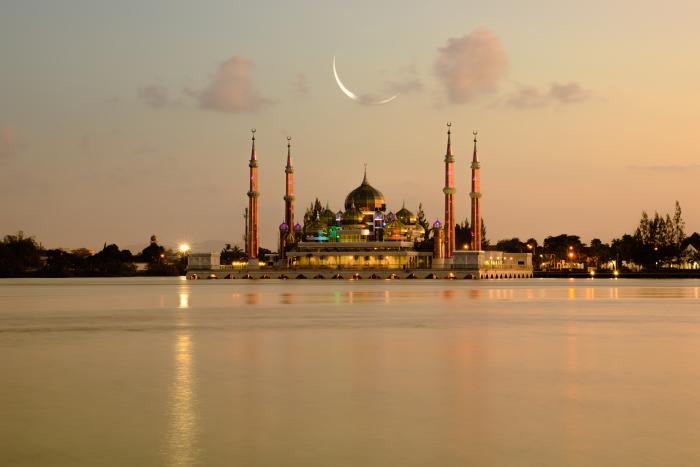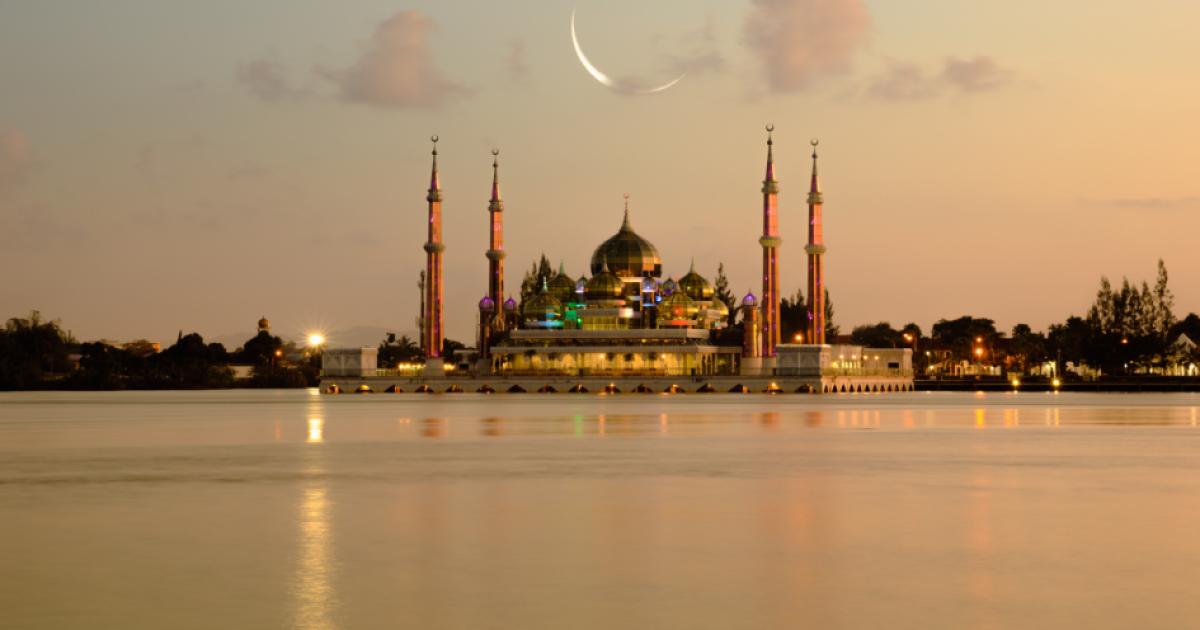- International Affairs
- Key Countries / Regions
- Middle East
- History
- Law & Policy
- Civil Rights & Race
Joseph Conrad said this about his work: “My task, which I am trying to achieve is, by the power of the written word, to make you hear, to make you feel--it is, before all, to make you see.” The same should be said of Fouad Ajami who through his life and writing helped many, like myself, hear, feel and see the rich beauty and diversity of the Middle East.
Fouad’s gift was making the region accessible through the stories of legends, poets, writers, political leaders and people across the region. His latest posthumously published book, Crosswinds: The Way of Saudi Arabia weaves together a tapestry of stories to “tangle into the concerns that had brought [him] to Arabia.” In this narrative, Fouad provides personal insight into the magic Kingdom (as he called it) of Saudi Arabia’s history, its arid land, austere version of Islam and dynamic leaders by drawing on personal conversations, memoirs, Castilian history, the Saudi press, and a myriad of academic analysis. And while Fouad passed too soon to reflect on the current changes we are witnessing under the leadership of King Salman and Crown Prince Muhammad bin Salman, he accurately captured the winds of change underway. In describing King Abdullah ibn Saud, he stated, “Things were changing in the country—the spread of the education, the scrutiny of the outside world, the recognition by growing numbers of Saudis that religious radicalism and unchecked zeal had lead their country to a blind alley—and a shrewd political guardian had sensed that “reform” was the safer course for his realm and his family’s inheritance.”
Fouad brought this same, unique approach to his many previously published books and works ranging from The Arab Predicament to The Vanished Imam or The Foreigner’s Gift (to name a few) each of which is woven with the currents of poetry, ambition, politics, heartache, hope and disappointment.
For his students, Fouad Ajami was a scholar, a professor, a mentor, a story teller, a writer, an analyst and a tapestry weaver. Through his teaching and writing, Fouad personalized the Middle East and its people bringing to life the diversity and political culture of an often misunderstood region.
His teaching was unconventional. There were no lectures on international relations theory and its relevance to understanding the Middle East. Despite his disagreements with Edward Said, there were no debates on orientalist discourse. There were no seminars on the role of the state. While there is little doubt that these issues were important to Fouad’s knowledge of the Middle East and were framed in a deep understanding of political science, Fouad’s didactic method was interdisciplinary.
As his students, we read novels like Leo Africanus by the great Amin Maalouf, listened to the music of Um Khulthum, read the poetry of the Syrian poet Adonis and reflected on the everyday politics as reported by newspapers like Al Hayat. Fouad took the often reductive black and white analysis of the Middle East and made it grey. In those shades of grey, he helped explain the enthusiasm of his generation for Gamal Abdel Nasser, the nationalist Egyptian leader who united young Arabs across the region. As part of that story, he brought to life the disappointments that followed Nasser and gave way to the currents of political Islam, religious activism of the Shia, nationalism and radicalism. Through these narratives and their histories, Fouad exposed the region’s contractions, and the ebbs and flows of its despondency, its energy and its optimism.
As a professor, Fouad never once imposed his outlook of the region and his convictions on his students. He and I would have our differences of opinions about Iran and American politics. Yet, he gracefully and eloquently led one along to find one’s own view and own voice. To me, one of his few PhD students, Fouad seemed to embody and capture these feelings, encouraging above all, to see things as they are, not how I would want them to be. Despite the realist approach that guided and grounded our conversations, Fouad never lost faith in the ideal and the promise of political change for the region and its people. His enthusiasm and support for the Arab Spring protests of 2011 revealed his own inner struggle between heartache and hope. It is among the many lessons he bequeathed us and part of the legacy that lingers with us today.







